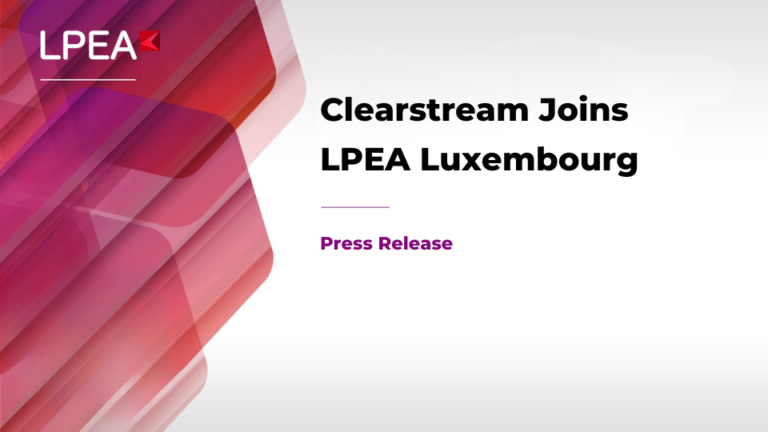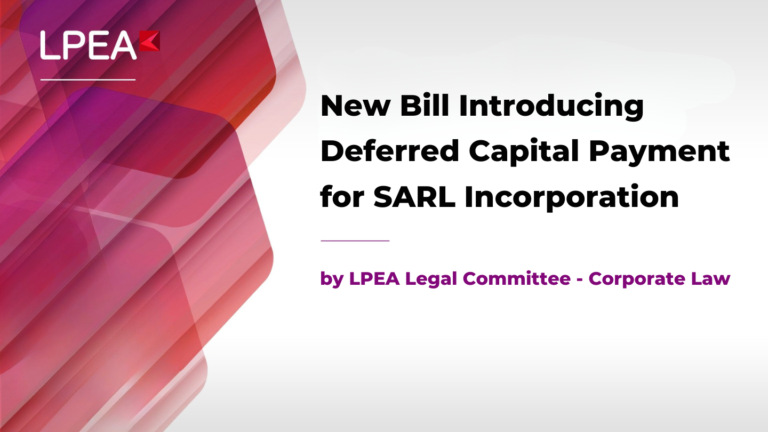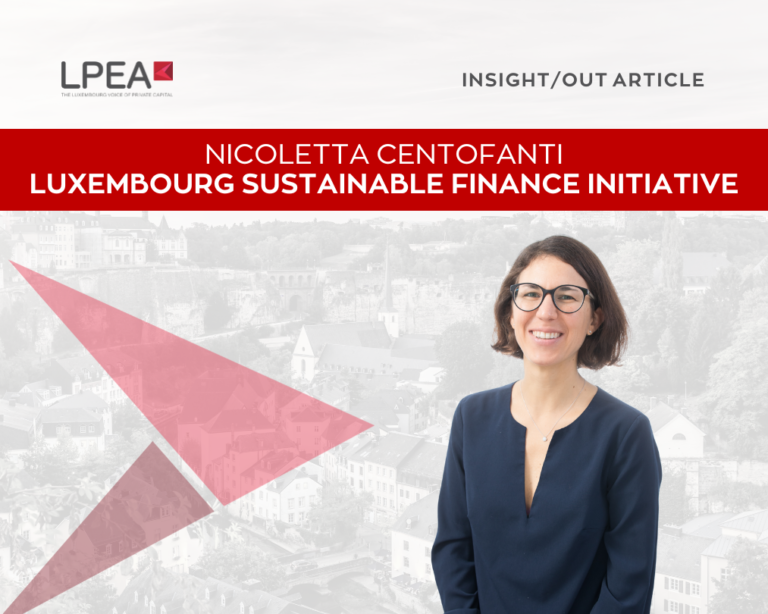Intragroup cost sharing activities: the beginning of a new era
Guest article by Olivier Lambert (Executive Director) and Elona Ajdari (Senior Manager), EY Luxembourg
Luxembourg cost sharing bodies called “independent group of persons” (IGP) have been widely used as a way to reduce VAT exposure in the financial sector. An IGP can render VAT exempt supplies to its members, under certain conditions. The general principle is set by the VAT Directive [1] whereas the exact conditions are clarified at a national level and in reality differ significantly from one EU member state to another.
The exemption applies normally to supplies of services made by an IGP to its members that are directly necessary for their VAT exempt or out of VAT scope activities. In practice, the use of an IGP allows members that have no or limited VAT recovery right to share support services by pooling resources at the level of the IGP without increasing VAT costs (i.e. reducing externalization on accounting, financial services, HR, IT, or back office services).
In Luxembourg,
-
-
-
-
- an IGP can only provide VAT exempt services to its members provided their taxed activities do not exceed 30 % (or 45% under conditions) of their annual turnover;
-
-
-
-
-
-
-
- VAT incurred by the IGP on the purchases from third parties can be recovered by the members up to their share of expenses and their VAT deduction right;
-
-
-
-
-
-
-
- services supplied by the members to the IGP, in case the IGP has no legal personality, fall outside the scope of VAT. This is particularly relevant for the financial sector and is the most attractive aspect of Luxembourg IGPs, most of which do not have legal personality, as staff is legally employed by the members (in their own name) but on behalf of the IGP. The members request the reimbursement of costs to the IGP without application of VAT.
-
-
-
However while the features of the Luxembourg IGP regime [2] made it very attractive and easy to put in place, the EU Commission considered it too widely implemented and brought an action before the CJEU in 2015. On 4 May 2017, the CJEU ruled that the Luxembourg implementation of the IGP exemption is not compatible with the VAT Directive.
1. The decision
The CJEU observed that the existence of a VAT exemption provision in the VAT Directive applicable to the supplies made an IGP is an indication that an IGP is an independent taxable person, a separate taxable person from its members. For this reason, the CJEU decided that:
-
-
-
-
- the VAT incurred by the IGP cannot be recovered by the members directly (i.e. only the person that has effectively incurred the VAT has a potential right to recovery);
-
-
-
-
-
-
-
- a transaction between one of its members and the IGP, as between any taxable persons, falls in the scope of VAT and, therefore, any reimbursement by the IGP to a member for costs incurred by the member in its own name should be subject to VAT.
-
-
-
The CJEU did not rule on the possibility for a member to also perform taxed activities. However, the CJEU found that the VAT exemption should only apply to the costs that are directly used for the exempt and out of scope activities.
2. The future of cost sharing: between a reshaped IGP and a brand new VAT group
The IGP exemption being a mandatory provision of the VAT Directive, Luxembourg cannot simply remove its IGP regime. Thus, whether Luxembourg decides to comply with all aspects of the CJEU decision or only with part of them, the question remains to how will Luxembourg IGP change and when?
Full conformity with the CJEU decision would entail an IGP also capable of rendering taxable services (to members and non-members) and of partially recovering input VAT. These aspects would render the IGP more complex but still workable. On the other hand, the obligation for the members to charge VAT on their reimbursement requests to the IGP, on the supply of staff for example, would significantly decrease the attractiveness of the IGP. This would limit the use of IGPs to those having legal personality and being able to hire staff or alternatively to the use of an IGP combined with other complementary solutions such as global employment contracts.
Even so, the future of the IGP will depend on other pending CJEU decisions [3] on a more fundamental aspect, such as the applicability of the IGP in the financial sector. The conclusions of the two advocates general in other pending cases on the same subject contradict each other on this point. The decision of the CJEU is crucial and should be closely followed.
The questioning of the IGP regime has also revived discussions on the adoption in Luxembourg of the VAT group, already applicable in 14 EU member states and widely used in the financial and private equity sector. A parliamentary question has been addressed to the Ministry of Finance and an answer is expected by the end of May. In case of a favorable decision, the VAT group would only be effective after completion of the implementation procedure, including the consultation of the EU VAT committee and the amendment of the Luxembourg VAT law.
Within the VAT group system, entities which are legally independent but closely related from an economic, financial and organization perspective, the “group members”, would be considered as forming a single taxable person, so that the transactions between them would be considered as out of VAT scope.
For existing IGPs, it is advisable to already start reviewing the exact situation and to adapt internal organization when possible.
[1] Article 132,1,f of directive 2006/112/EC (the VAT Directive)
[2] Article 44,1,y of the Luxembourg VAT law, the Grand-Ducal decree dated 21/1/2004, circular n°707 issued by the VAT authorities 29/1/2004 and Grand-Ducal decree issued 7/8/2012
[3] In pending cases Federal Republic of Germany (C-616/15), DNB Banka (C-326/15) and Aviva (C-605/15)
“The Court of Justice of the European Union (CJEU) found that the VAT exemption should only apply to the costs that are directly used for the exempt and out of scope activities.”
“The IGP exemption being a mandatory provision of the VAT Directive, Luxembourg cannot simply remove its IGP regime. Thus, whether Luxembourg decides to comply with all aspects of the CJEU decision or only with part of them, the question remains to how will Luxembourg IGP change and when?”







